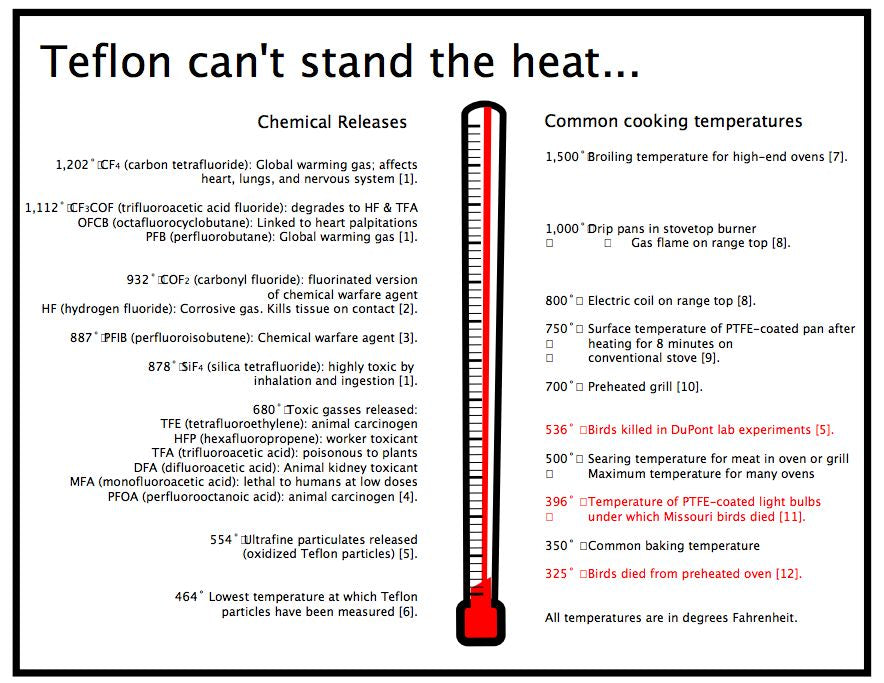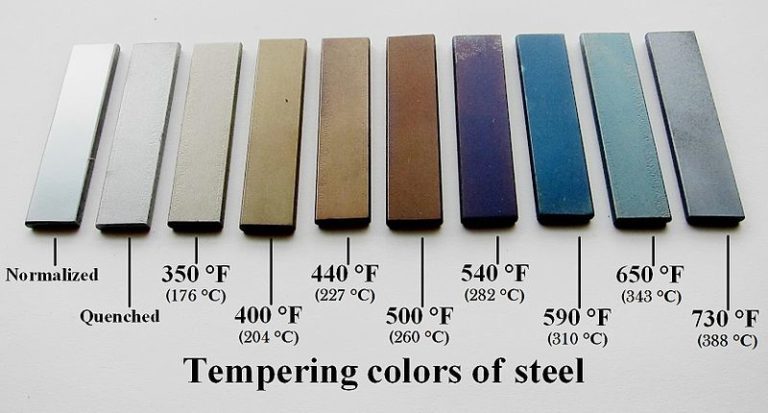Apart from health concerns... I have an aversion to pans that need throwing away at some point, be it 6 months or 5 years. A solidly built metal pan should literally last a lifetime. Second to that... if something
does stick to the surface it is nice to know I can whale down on the surface without seriously damaging it! On metal pans you can use a stiff scrubbing brush, paint-scraper or even steel wool!
For pans, I am a cast-iron zealot (though all this talk is making me thing seriously about carbon pans). Don't worry too much about acidic stuff. I don't think twice. Seasoning waxes and wanes - it is organic and something that you need to maintain. If you make an acidic sauce... just replenish the seasoning afterwards!
There are probably better pans out there... but all the stainless in our house are
Essteel. Australian owned, manufactured in Italy... if you like that sort of thing? They are well made and have solid, heavy bottoms. Zero complaints!
Not mad about their frying pans though.
We don't put our pots or pans in the dishwasher - also to save space. The outside surface of Essteel are so nice and shiny that it would be a shame to dull it in the dishwasher!







